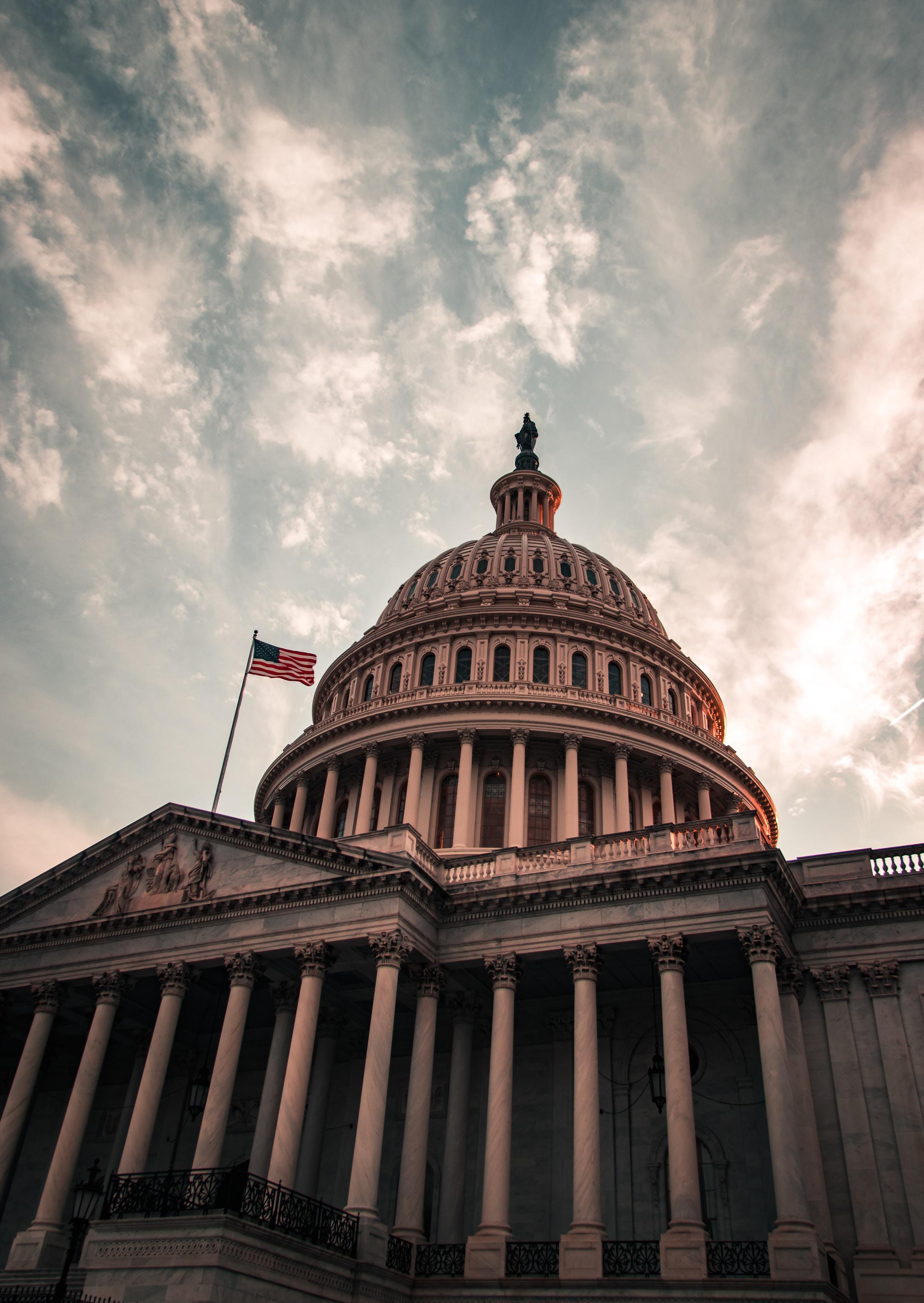
On December 30, 2019, President Donald Trump signed into effect the TRACED Act. TRACED stands for Telephone Robocall Abuse Criminal Enforcement and Deterrence. This means that the federal government has criminalized robocalls (calls made with an auto-dialer) and given added authority to the FCC and DOJ to go after scammers. This, of course, comes with certain stipulations and conditions that we’ll get into later.
At Prescott-Martini, it’s our job to make sure that your company is TRACED Act compliant. If you’re unfamiliar with the TRACED Act, we have three things you should know about it and what it means to be compliant.
What makes robocalls illegal?
An automated call from an auto-dialer to your cell phone is not illegal. Neither is a call from an auto-dialer to your landline. Robocalls are illegal if they’re made from an auto-dialer to your cell phone without your written permission. These calls can be from a solicitor who’s using an auto-dialing device, a scammer, or even a company that’s trying to share useful information.
In recent years, it’s become more common for companies to use some sort of auto-dialer to provide a level of customer service. It’s common for pharmacies can call to let patients know their prescriptions are ready and auto body shops let customers know their vehicle is ready to pick up, for instance. In order to properly provide this service to their customers, the provider must provide an opt-out option for customers who don’t want to receive a call.
What does it mean to be TRACED Act compliant?
There are a number of things that need to be done to get in compliance with the TRACED Act. First and foremost, telecommunication service providers must provide call authentication technology to protect customers from robocalls. This means that all calls that come to your phone must be authenticated using the STIR-SHAKEN authentication framework. This means that callers must have MySQL data in place with a certified provider. Furthermore, telecommunication providers must eliminate charges for call-blocking services. As STIR-SHAKEN is put into place, these services will function seamlessly as a part of provided phone services.
Efforts to mitigate robocalls and scammers are no longer a voluntary service the telecommunication companies can provide as a perk or paid service. It’s not a mandate from the federal government and those who aren’t in compliance can face stiff penalties.
When do I need to be TRACED Act compliant?
If you haven’t started working on TRACED compliance, now is the time to start. The TRACED Act states that carriers implement STIR-SHAKEN or another robocall mitigation strategy before June 2021. Our STIR-SHAKEN implementation will help your company get compliant with call authentication and certification. This process will help you establish a chain of trust between callers and call receivers.
Contact us to get TRACED Act compliant
If you’re not compliant with the TRACED Act, contact Prescott-Martini today and we’ll help you get started. We bring more than 150 years of total telecommunications experience and can help you with the proper solution to get TRACED Act compliant.
Stay updated on the latest news in the regulatory and compliance world! Sign up to receive our newsletter.